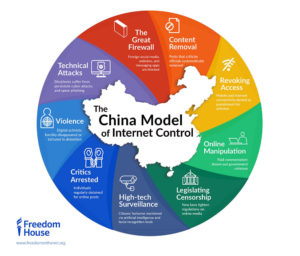 Retrenchment may hold emotional appeal for Americans tired of protracted military commitments abroad, but blind adherence to an orthodoxy based on emotion rather than reason would make Americans less safe and put the United States further in the red, says former U.S. National Security Adviser H.R. McMaster, the Fouad and Michelle Ajami Senior Fellow at the Hoover Institution.
Retrenchment may hold emotional appeal for Americans tired of protracted military commitments abroad, but blind adherence to an orthodoxy based on emotion rather than reason would make Americans less safe and put the United States further in the red, says former U.S. National Security Adviser H.R. McMaster, the Fouad and Michelle Ajami Senior Fellow at the Hoover Institution.
The movement in favor of retrenchment is in part a reaction to the overoptimism that animated U.S. foreign policy in the 1990s. When the Soviet Union collapsed and the Cold War ended, some thinkers and policymakers assumed that the process of democratization that was unfolding in eastern Europe would be replicable in Africa, Asia, and the Middle East. But they failed to give due consideration to local contexts and to political, social, cultural, and religious dynamics that make liberal democracy and the rule of law hard to reach, he writes for Foreign Affairs:

Freedom House
The best antidote to such overconfidence, however, is not the excessive pessimism offered by retrenchers. Policymakers should instead adopt what the historian Zachary Shore calls “strategic empathy”: an understanding of the ideology, emotions, and aspirations that drive and constrain other actors. Strategic empathy might help at least some advocates of retrenchment qualify their adamant opposition to democracy promotion and human rights advocacy abroad and might allow them to accept that the United States cannot determine, but can influence, the evolution of a world in which free and open societies flourish. In recent years, protests against authoritarian rule and corruption have flared up all over the world. In Baghdad, Beirut, Caracas, Hong Kong, Khartoum, Moscow, and Tehran, people have made clear that they want a say in how they are governed.
Support for those who strive for freedom is in the United States’ interest, because a world in which liberty, democracy, and the rule of law are strengthened will be safer and more prosperous, adds McMaster, the author of Battlegrounds: The Fight to Defend the Free World. Disengagement from competitions overseas would cede influence to others, such as the Chinese Communist Party, which is already redoubling efforts to promote its authoritarian model. RTWT







